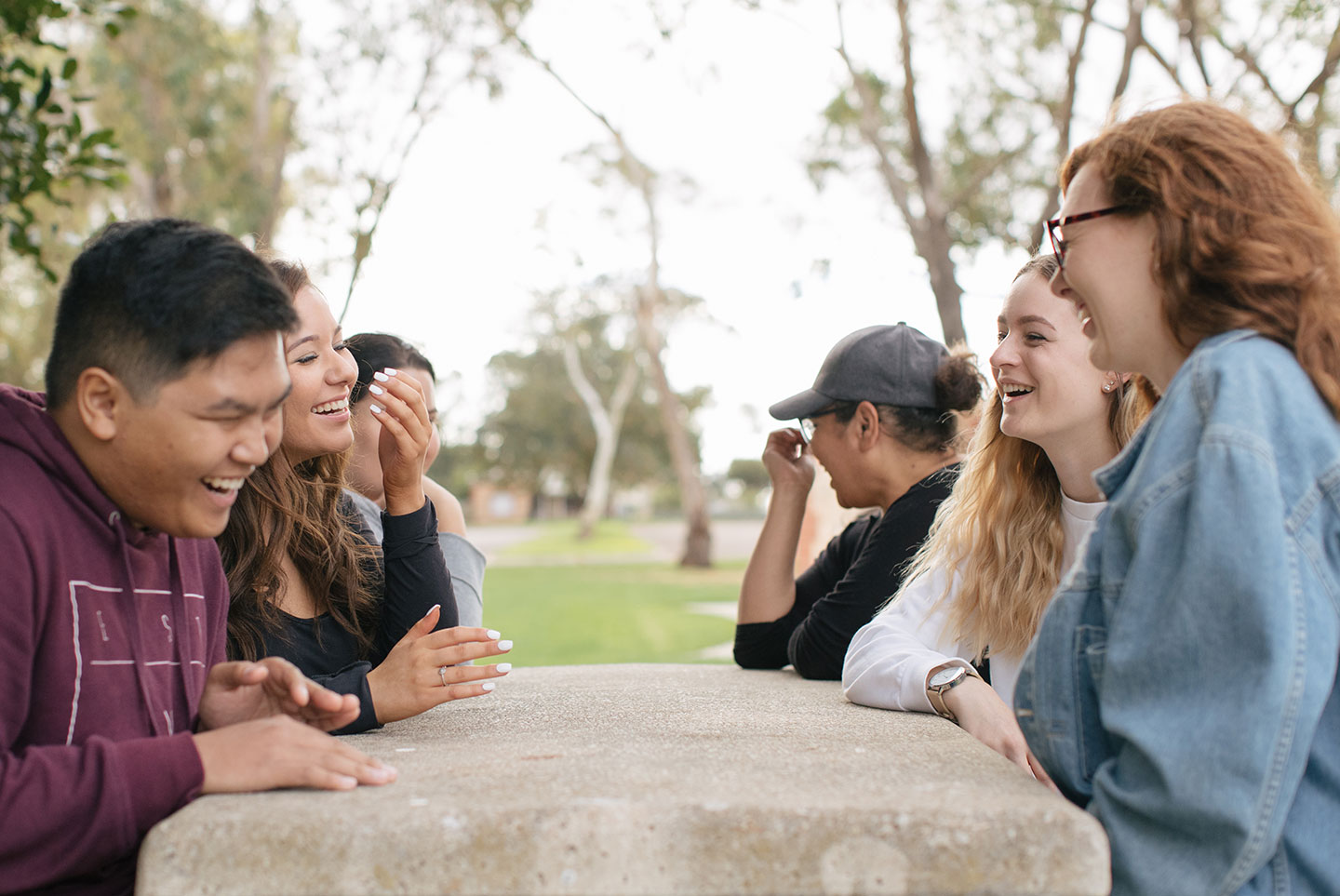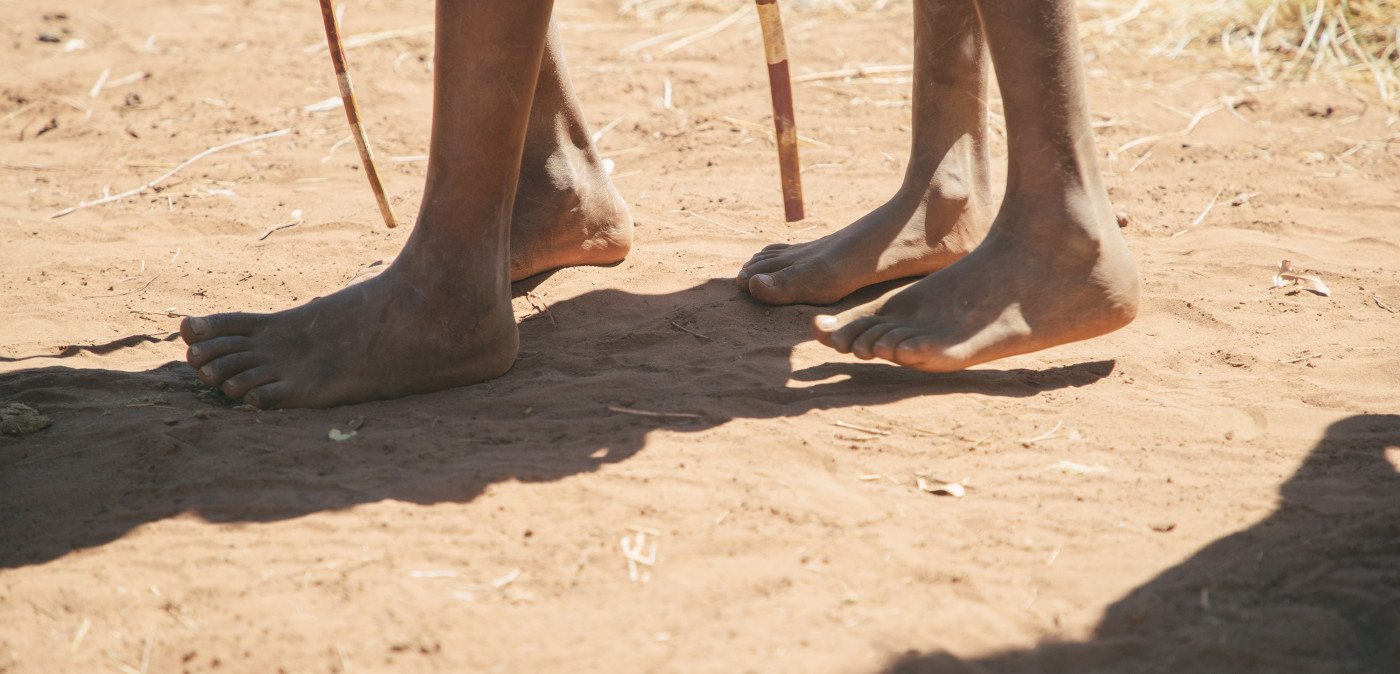
NEW - Learn and Do resources
Ready-to-go activities, to save you time and engage your students
Find out moreWhat’s kinship from a First Nations perspective?
Kinship is at the heart of First Nations society because it’s the glue that binds culture, Country, family and community together. Kinship systems are diverse and can look different across nations groups. Terms to describe kinship networks or relationships may also differ.
For Aboriginal and Torres Strait Islander people, kinship is a way of being – it’s how a person identifies themselves with Country (land, waterways and sky) and who they belong to. When First Nations people talk about kinship, they’re referring to who they are by nation group, family and the community/ies they have a connection to. You may have heard First Nations people ask other Aboriginal or Torres Strait Islander people “Who’s your mob and where are you from?” These are important questions because they demonstrate that kinship isn’t a social hierarchy, but a social organisation instead. When First Nations people ask these questions they can establish connections by blood lines, clan groups, Country or individuals. If a blood line connection can’t be made, there are other ways to create kinship ties that are just as meaningful as family ties. Kinship can extend to those who one works with, be established between people who aren’t regionally linked, and those who operate within one’s circle of influence.
Continue reading
Enjoy access to free resources
Register nowAlready registered? Login
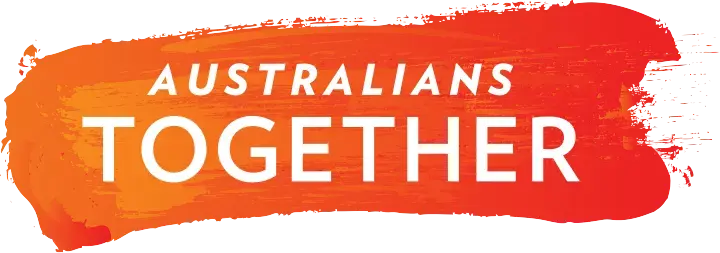
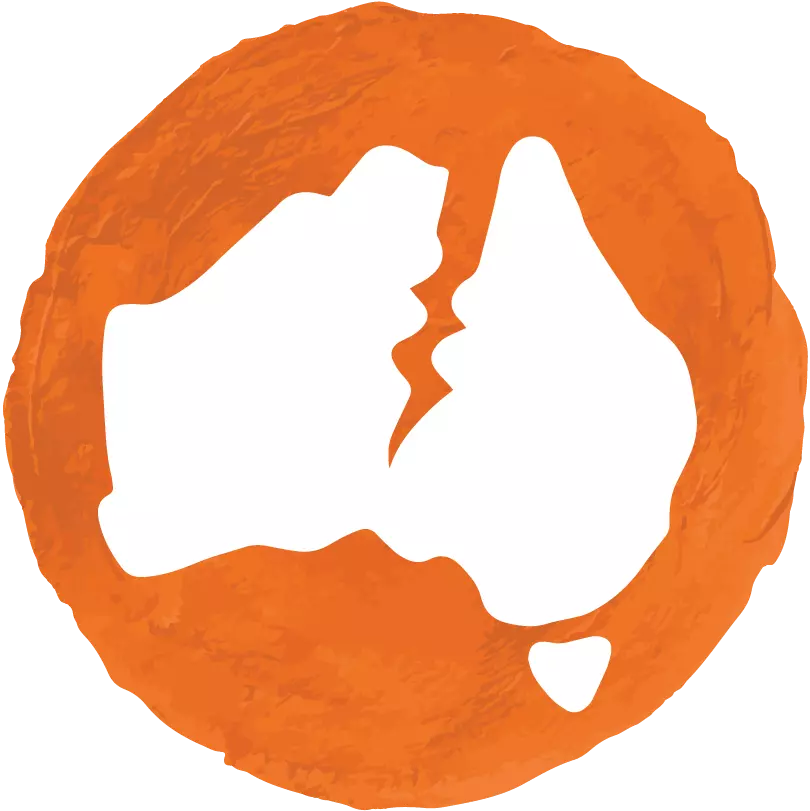 The Wound
The Wound
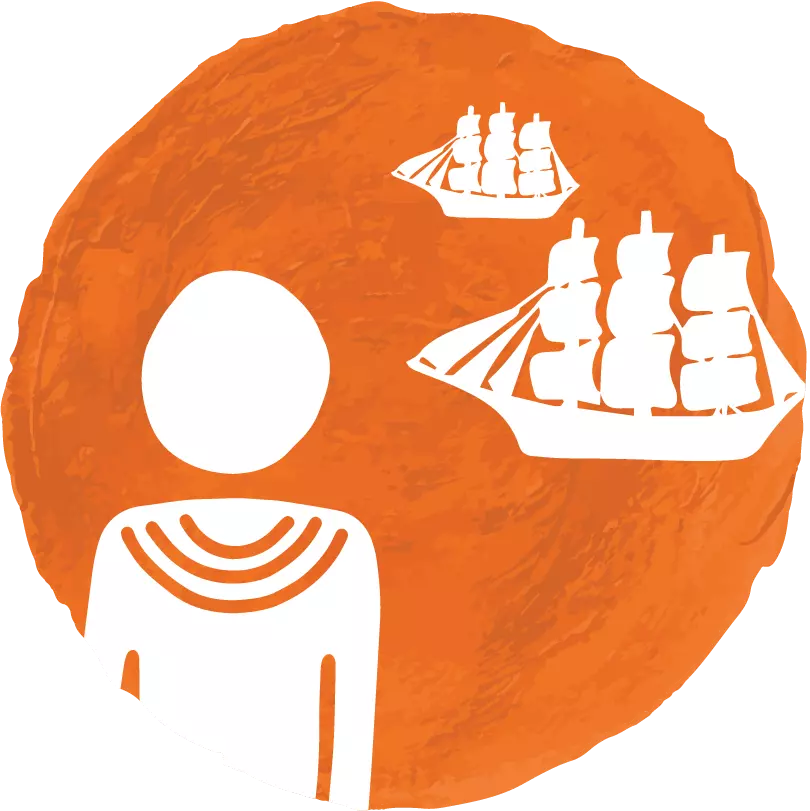 Our History
Our History
 Why Me?
Why Me?
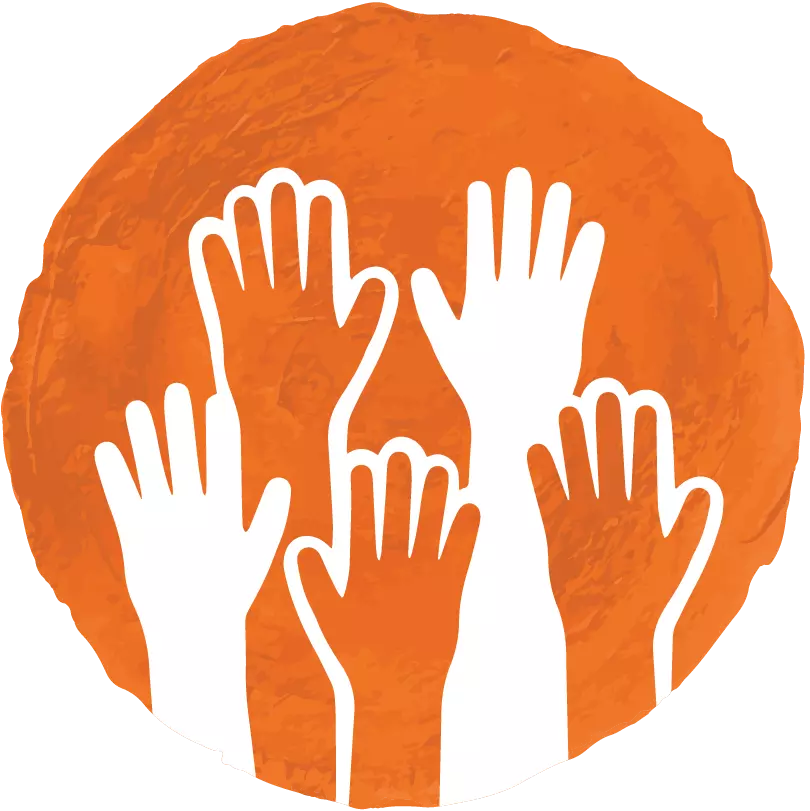 Our Cultures
Our Cultures
 My Response
My Response



